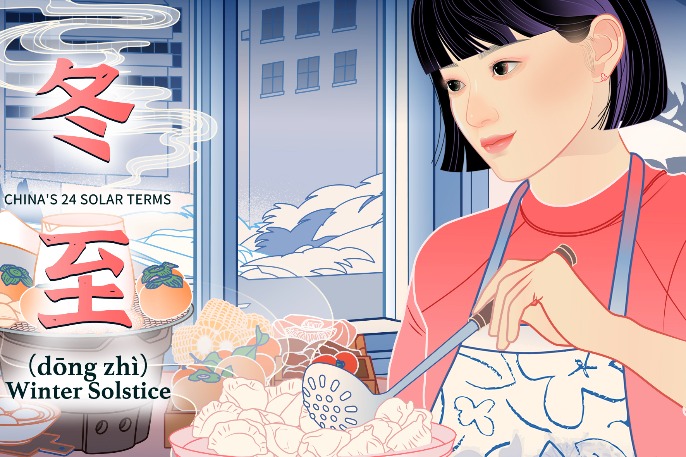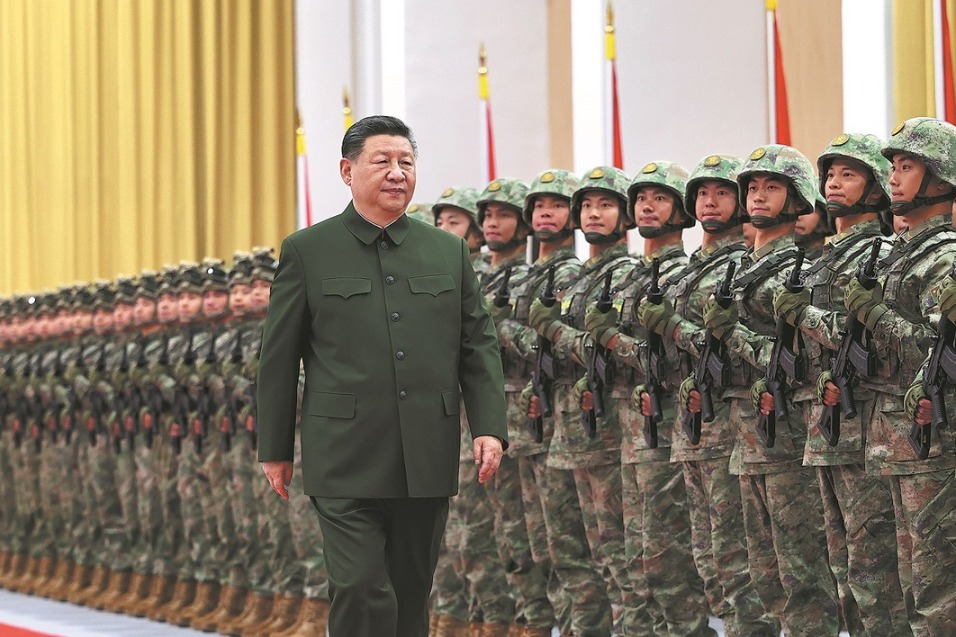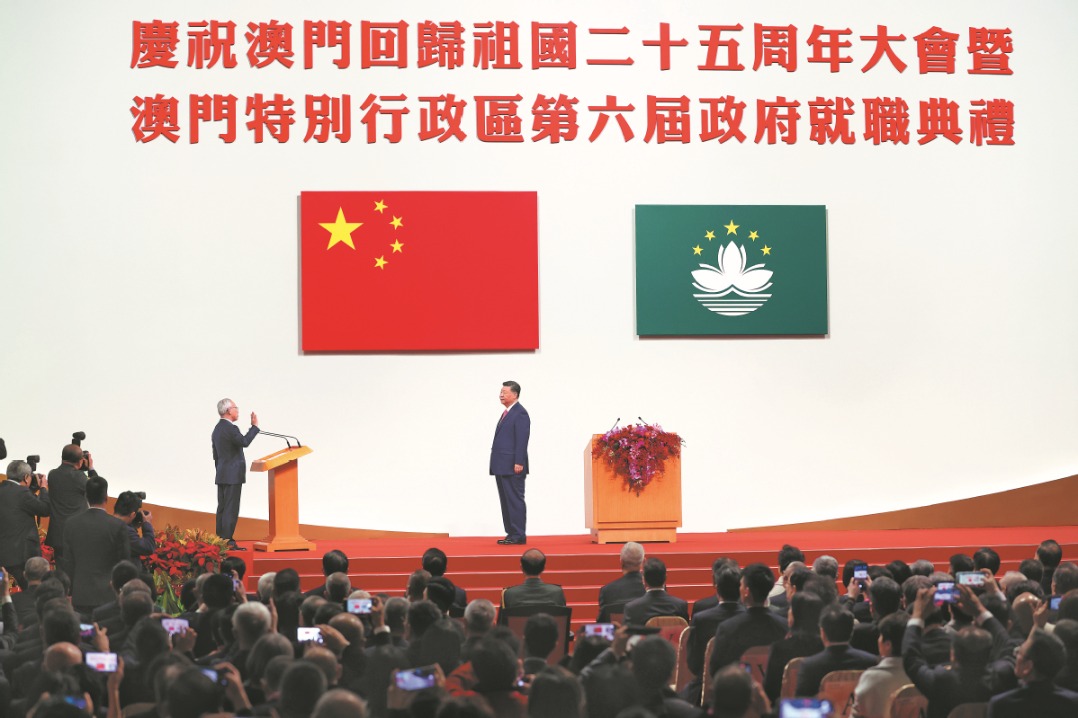Ozone-depleting substances targeted
Amendment to national regulation includes stiffer penalties for violations and extends coverage to hydrofluorocarbons. Hou Liqiang reports.


Zhang Yujun, former head of the Foreign Environmental Cooperation Center at the Ministry of Ecology and Environment, said the clause about incidental ODS generation meant that all sectors that generate ODS are now covered by the regulation.
Companies that produce and consume large quantities of ODS and those that generate a large amount of the substances incidentally should install automated monitoring devices, and the devices should be connected to the monitoring systems of environmental authorities, the amendment said. Those breaching that rule will be fined up to 200,000 yuan.
Zhang said the stipulation aimed to address the great difficulties authorities had in unearthing the illegal production of some ODS.
In a campaign launched in 2019 to crack down on ODS violations, the ministry shut down an illegal workshop that produced CFC-11, a kind of ODS, and found 16 enterprises illegally consuming the substance, he said. It learned that illegal production of CFC-11, which needs very low investment, a small space and simple technology, was hard to discover.
To address the problem, Zhang said the ministry established a national supervision platform based on existing automated monitoring facilities in factories that produce CCL4, an ODS that is a raw material for CFC-11 production.
Thanks to the platform, all CCL4 production procedures were brought under supervision, he said, helping to prevent illicit flows of CCL4 and effectively curbing illegal production of CFC-11.
The automated monitoring provision in the amended regulation, based on the ministry's experiences in running that platform, will help the country manage controlled ODS in a more precise manner, Zhang said.
The amendment changed the definition of ODS to allow potent heat-trapping gases known as hydrofluorocarbons — used to replace some ODS — to be covered by the regulation.























